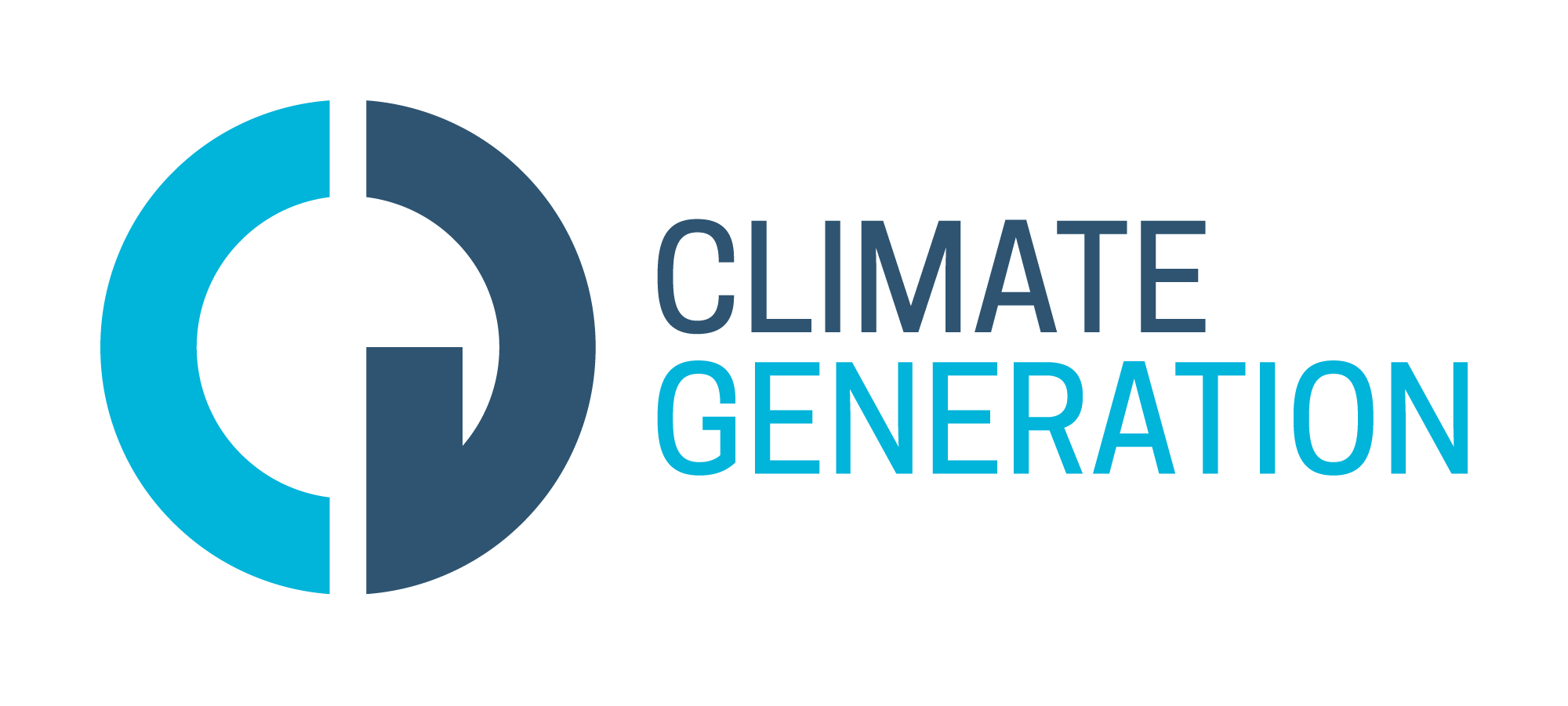Youth Learning
Youth are more inclined to learn by actively participating in the learning experience. Situated learning, essentially, is a matter of creating meaning from the real activities of daily living where learning occurs relative to the teaching environment. The following are examples of situated learning activities:
Situated learning essentially is a matter of creating meaning from the real activities of daily living.
Field trips where students actively participate in an unfamiliar environment.
Cooperative education and internship experiences in which students are immersed and physically active in an actual work environment.
Music and sports (physical education) practice which replicate actual setting of these events, e.g., orchestras, studios, training facilities.
Laboratories and child-care centers used as classrooms in which students are involved in activities which replicate actual work settings
These examples illustrate that students are actively involved in addressing real world problems. As the practice implies, the student is “situated” in the learning experience and knowledge acquisition becomes a part of the learning activity, its context, and the “culture in which it is developed and used”. Students form or “construct” their own knowledge from experiences they bring to the learning situation; the success of situated learning experiences relies on social interaction, preferring to do things rather than read about them.
Situated learning environments place students in authentic learning situations where they are actively immersed in an activity while using problem-solving (critical thinking) skills. These opportunities should involve a social community which replicates real world situations.
Young people are a valuable resource for organizations and groups involved in community development. By encouraging and allowing opportunities for adult-youth-collaboration, community organizations can help youth learn valuable skills and prepare them to become civically engaged adults.
Youth involvement in community planning, decision making, and action hasn’t received a lot of attention in the past, but youth are becoming increasingly involved in community development. Youth collaboration can benefit community nonprofit organizations, volunteer programs, and nongovernmental organizations in the following ways:
Youth can be an effective planning and evaluation resource. Younger members can help long-term community efforts because they’re in a position to become long-term contributors.
Involved youth can help organizations become more aware of issues that concern younger populations, which can increase an organization’s impact.
Not only do community organizations benefit when they collaborate with youth, this collaboration also helps youth themselves. Community participation helps youth become empathetic citizens who could potentially continue similar work when they become adults. Additionally, youth who give back to their communities develop leadership skills, learn the importance of helping, and gain work experience.
Consider the following suggestions to encourage youth participation in community development:
Give youth an opportunity to contribute and offer their input.
Allow active collaboration between adults and youth
Integrate youth into committees with adults who can act as mentors.
Form relationships with teachers who engage youth in community concerns to increase youth involvement.
Connect youth to policy efforts by including them in the assessment of current policies and potential policies.
Encourage youth to identify their own interests and activities where they can make positive changes.
Allow youth to confront serious social problems and become active community citizens.
Evaluate youth involvement efforts on a regular basis to identify and capitalize on strengths, identify and address weaknesses, and help gain more meaningful youth participation.
Read More


